OpenScore is a new crowdsourcing initiative to digitise classical sheet music by composers whose works are in the public domain, like Mozart and Beethoven. Massive crowdsourced projects such as Wikipedia, Project Gutenberg and OpenStreetMap have done wonders for the democratisation of knowledge, putting information and power in the hands of ordinary people. With OpenScore, we want to do the same for music, and we’re running a Kickstarter campaign to make it happen!
OpenScore’s aim is to transform history’s most influential pieces from paper music into interactive digital scores, which you can listen to, edit, and share. This will be of huge benefit to orchestras, choirs, ensembles, and individuals looking for materials from which to practise music, but it doesn’t end there! All OpenScore sheet music editions will be freely distributed under a Creative Commons Zero. This means there are no copyright restrictions, and everyone will be free to use the files for any purpose. We want to maximize the benefit to music education and research, and inspire composers and arrangers to produce new content.
OpenScore is the result of a partnership between two of the largest online sheet music communities: MuseScore and IMSLP. IMSLP is one of the world’s largest online archives of public domain sheet music and musical recordings under Creative Commons licenses. The IMSLP community has done part of the work already. Since 2006 they have been searching for out-of-copyright musical editions, scanning and uploading them. Now we want to take those scanned editions, which are currently just pictures of pages, and turn them into interactive digital scores. This is not something that can happen automatically; someone has to take those scans and transcribe them, which means typing them up, one note at at time, into a music notation program. This is where MuseScore and its community come in.
MuseScore is the world’s most popular music notation program, and it’s entirely free and open source. MuseScore has a dedicated community of millions of people around the world, who use MuseScore’s software, apps and website to compose, arrange, practise and share digital sheet music. OpenScore will harness the power of this community to produce transcriptions of public domain pieces, using the crowdsourcing method outlined in this post.
The advantages of digital music are huge. Digital scores can also be parsed by software tools for research and analysis, and can even be converted to Braille notation for blind musicians. Digital scores can also be easily adapted into alternative forms of notation or turned into artistic visualisations, such as this visualisation of Vivaldi’s Four Seasons by Nicholas Rougeux.
Visualisation of Vivaldi’s Four Seasons by Nicholas Rougeux
Nicholas is a digital artist and web designer based in Chicago, and he has agreed to create a visualisation to be used as the cover image for each OpenScore edition.
OpenScore’s Kickstarter campaign runs from today until the 30th of June, 8pm UTC. The funding target is €45,000 (roughly 50,000 USD), which allows us to liberate 100 pieces, and will help us to start developing the necessary systems to scale up to liberating all public domain music. Backers get to pick which pieces get liberated, and if we exceed the funding target then we will liberate one extra piece for every €450 (~500 USD) we get over the funding target, up to a maximum of 1000 pieces! But remember, if we don’t reach the initial target then nothing gets liberated, so it’s really important that you help spread the word quickly, and to donate if you are willing and able. Thank you for your support!



